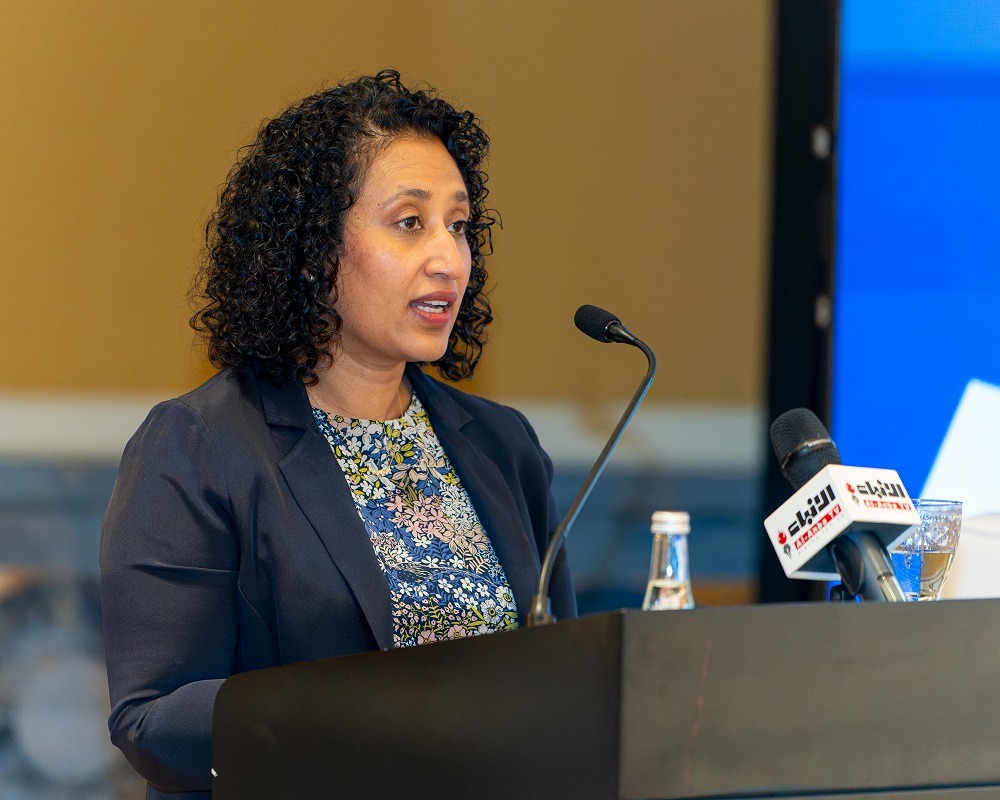Nazaha launches pioneering accreditation system in Kuwait
The groundbreaking initiative, in collaboration with the British Embassy in Kuwait and the GPG, marks a crucial milestone in promoting transparency and integrity within the country’s governmental organizations.

-
The implementation of the accreditation system by Nazaha signifies a major stride in Kuwait’s continuous endeavors to tackle corruption and advocate for good governance.
-
The accreditation system encourages compliance with the code of conduct for public officials by acknowledging and rewarding entities committed to professional and ethical standards, fostering accountability in Kuwait’s public sector.
Nazaha, in collaboration with the British Embassy in Kuwait and the Global Partners Governance Foundation (GPG), officially launched a groundbreaking accreditation system for public sector entities in Kuwait. This marks a crucial milestone in promoting transparency and integrity within the country’s governmental organizations.
The accreditation system acts as a way to encourage compliance with the code of conduct for public officials. Through acknowledging and rewarding entities that exhibit a dedication to strict standards of professional and ethical conduct, the program strives to foster a culture of accountability within Kuwait’s public sector.

Five government entities have participated in the pilot phase of the accreditation system: the Kuwait Direct Investment Promotion Authority, the Anti-Corruption Authority, the Environment Public Authority, the Public Authority for Food and Nutrition, and the Public Institution for Social Security. These agencies were awarded ‘bronze’ status for their ongoing efforts to implement ethical practices.
Salem Ali, Secretary General of Nazaha, said, “Signed by the State of Kuwait in 2003, the United Nations Convention against Corruption (UNCAC) encourages State Parties to adopt and circulate codes of conduct for the correct, honourable, and proper performance of public functions.”
The ‘Adaa’ initiative (which translates to ‘Performance’) aims to ensure the implementation of codes of conduct circulated by the Civil Service Commission (CSC), in cooperation with Global Partners Governance. The initiative has developed a program that will contribute to the optimal and effective implementation of public officials’ codes of conduct, in line with international standards and best practices as implemented by several ambitious state institutions that will share their experiences in this first series of our conference,” he added.

Her Excellency Belinda Lewis, Ambassador of the United Kingdom to the State of Kuwait, said, “The British embassy has been supporting Nazaha on its anti-corruption awareness, prevention, and detection work since September 2022. This new accreditation scheme is a way of publicly acknowledging the implementation of ethical practices in government agencies. It increases trust in public service delivery and also has a positive ripple effect for companies and investors looking for transparent and stable operating environments.”
Greg Power, Founder and Chairman of the Board at the UK-based NGO GPGF, said: “The launch of this accreditation system is an important milestone in Kuwait’s wider anti-corruption strategy. Thanks to the British embassy’s support, we are delighted to have played a role in helping Nazaha develop this innovative approach to promoting ethical conduct and driving positive change in the public sector.”
The implementation of the accreditation system signifies a major stride in Kuwait’s continuous endeavors to tackle corruption and advocate for good governance.













